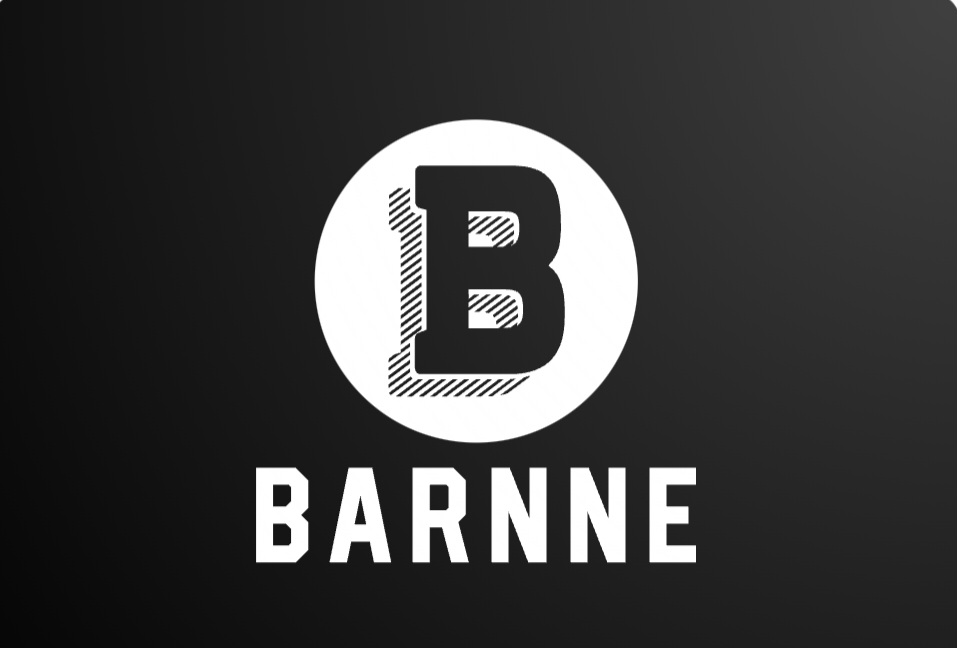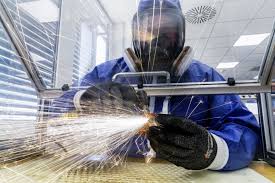Boilermaker Operator: Essential Guide to Skills, Responsibilities, and Career Pathways
Introduction
Boilermaker operators are the spine of many industries. They work in electricity plants, factories, and shipyards. Without them, the protected and easy operation of boilers and stress vessels would not be possible. This job needs sharp skills, a focal point on safety, and a strong appreciation of complicated equipment. As industry wishes grow, so do possibilities for expert boilermaker operators. This article covers everything: capabilities needed, what you do daily, how to get started, and approaches to cross up in your career.
What Is a Boilermaker Operator? An Overview
Definition and Core Responsibilities
A boilermaker operator is a tradesperson who operates, inspects, and continues boilers and strain vessels. These machines produce steam or warm water for power, heating, or industrial processes. Their important purpose is to make sure structures run safely and efficiently. They preserve an eye on pressure, temperature, and fluid levels, making certain the whole thing stays in balance. Preventing accidents or breakdowns relies upon closely on their work.
Industries Employing Boilermaker Operators
You’ll locate boilermaker operators in many sectors. Power technology plants—like coal, nuclear, and renewable electricity facilities—depend on them. Manufacturing corporations want their information to preserve machines running. Shipyards take benefit of boilermakers for repairs and new builds. The position is crucial in locations the place large machines and stress structures are in use, regularly throughout extraordinary components of the country, growing constant demand.
Essential Skills and Qualifications for Boilermaker Operators
Technical Proficiency and Hands-On Skills
Boilermaker operators should be blissful working with large machines and tools. They study blueprints and schematics to apprehend how structures are constructed or repaired. Troubleshooting competencies assist them discover troubles earlier than issues motive shutdowns. They additionally operate activities inspections, making positive the whole thing is working as it should.
Educational Background and Certifications
Most employers require at least a excessive faculty diploma or GED. Many additionally appear for certifications like NCCER (National Center for Construction Education and Research). OSHA protection education is a must, making sure people apprehend how to remain secure on the job. Getting an apprenticeship gives hands-on trip that is quintessential for mastery and future job prospects.
Physical and Safety Requirements
Boilermaker operators want to be bodily sturdy and have accurate stamina. They regularly work in loud, hot, and from time to time cramped environments. Staying alert at all instances ensures safety—both for themselves and colleagues. Wearing PPE, such as helmets, gloves, and protection glasses, is not optional, it’s a must. Following strict security policies lowers the hazard of injuries.
Daily Responsibilities and Work Environment
Typical Daily Tasks of a Boilermaker Operator
Day-to-day, they function boilers, pumps, and different equipment. Monitoring device strain and temperature helps trap troubles early. Performing pursuits inspections or preventive preservation maintains structures going for walks smoothly. Sometimes, they want to restore or substitute components at some point of scheduled downtime.
Work Environment and Shift Considerations
Work normally occurs in industrial plant life or shipyards. Conditions can be noisy, hot, and bodily demanding. Many shifts encompass nights, weekends, or overtime—especially when flora want to function 24/7. Safety is vital; the surroundings is full of hazards, however sturdy protection subculture maintains anyone protected.
Common Tools and Machinery Used
Tools like welding torches and slicing gear are daily basics. Valves, gauges, and manipulate panels assist adjust systems. Automated digital structures now help in monitoring operations, making duties extra precise. Knowing how to use these equipment is integral for effectivity and safety.
Training Pathways and Certification Processes
Apprenticeships and On-the-Job Training
Starting as an apprentice is common. These applications ultimate 3-4 years and mix lecture room getting to know with hands-on work. You’ll analyze welding, pipe fitting, and protection methods at once on the job. Partnering with unions and technical colleges makes launching your profession easier.
Certifications and Licensing
Getting licensed through corporations like NCCER boosts your resume. OSHA security certification is a simple requirement to work safely. Some states may additionally require licensing or registration, mainly in specialised fields or locations.
Continuing Education and Skill Upgrades
As science advances, ongoing coaching turns into crucial. Certifications in superior welding, rigging, or security updates enhance your skills. Staying cutting-edge on new boiler structures and protection protocols maintains you aggressive and safe.
Career Advancement and Industry Trends
Opportunities for Growth inside the Field
Experienced boilermaker operators can emerge as senior technicians or upkeep leads. Moving into supervisory or managerial roles is common. You would possibly even specialize in addition in protection or restore work, widening your profession options.
The Impact of Technological Advancements
Automation and digital equipment are altering how boilers are maintained. Remote sensors and monitoring software program make work greater environment friendly and safer. Increased protection requirements are additionally enhancing working conditions. Some industries discover renewable energy, which opens new possibilities for specialists.
Future Job Outlook and Industry Demand
Demand for knowledgeable boilermaker operators stays steady, pushed with the aid of historic infrastructure enhancements and new electricity projects. As industries modernize, the want for security and effectivity grows. Reskilling and getting to know new trades associated to boilers and strain structures can help you remain applicable and advance.
Conclusion
Becoming a boilermaker operator provides a secure and beneficial career. It requires a combine of technical skills, bodily strength, and a sharp focal point on safety. Starting with apprenticeships and certifications units the foundation. As you develop in experience, possibilities to cross up increase—whether into management or specialization. This function maintains integral industries transferring and presents a clear direction for expert people looking to make a difference.
Be organized to study and adapt, due to the fact the future of boiler work relies upon on your skills.



